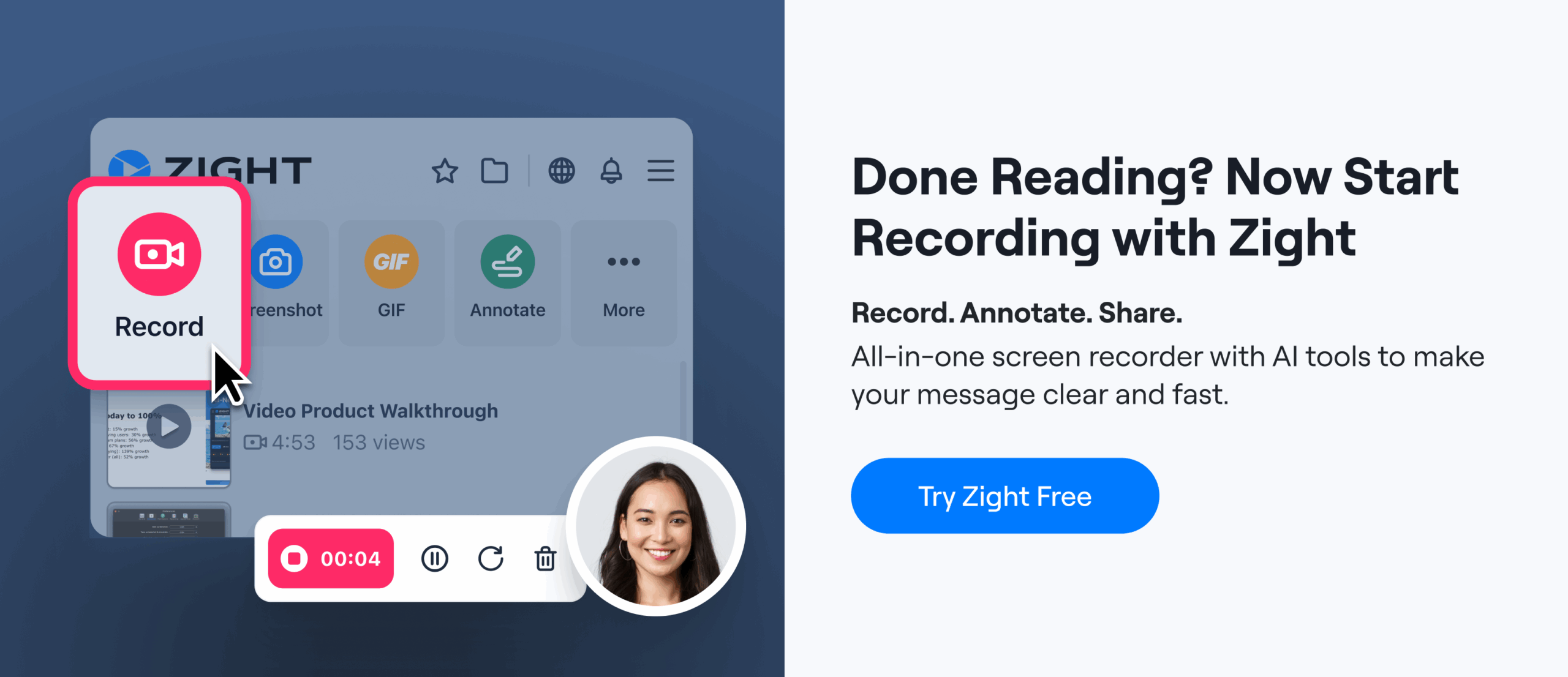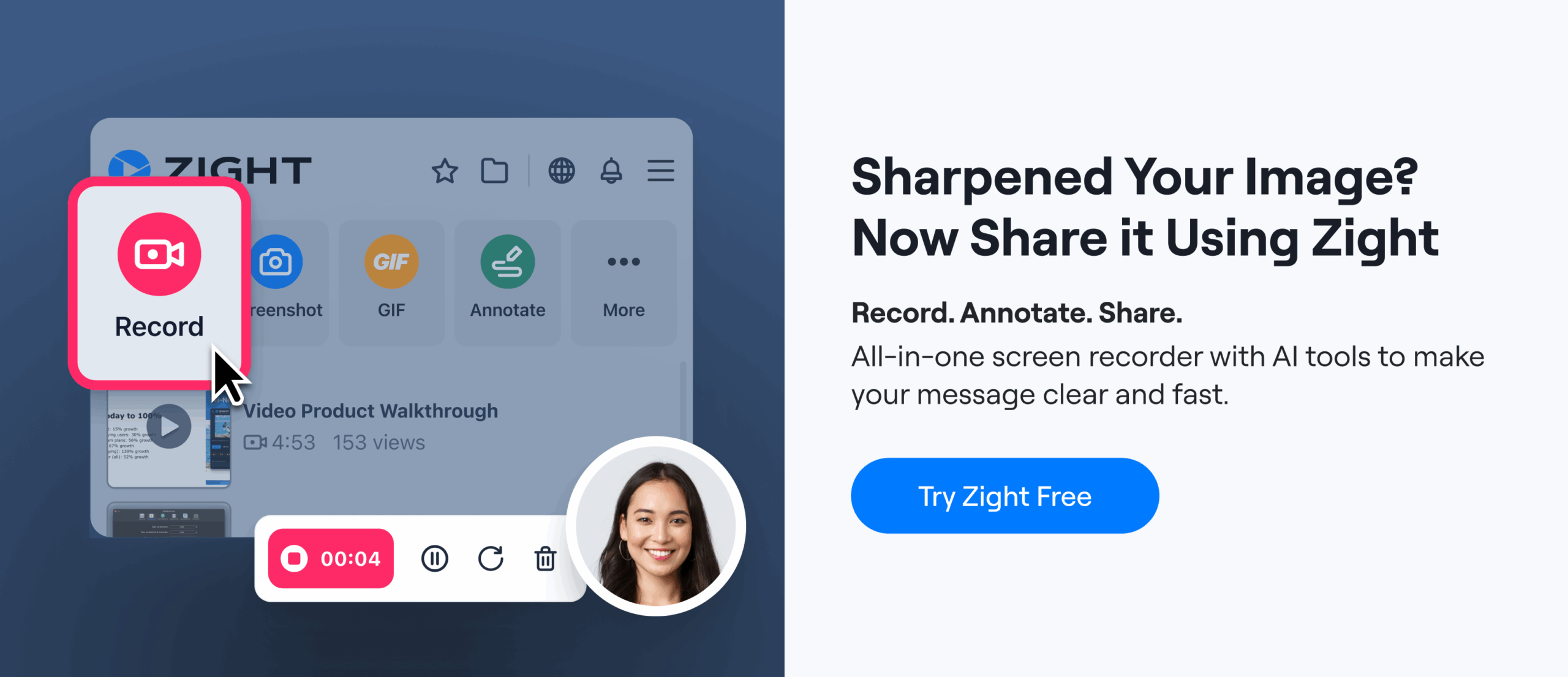In today’s highly competitive job market, you might find yourself frustrated despite having a wealth of skills and experience.
Let’s say you are a seasoned professional with a decade of hands-on experience in digital marketing. You’ve successfully led numerous campaigns, driven significant traffic, and boosted conversion rates. Yet, job application after job application, you hit a wall. Why? Because you don’t have an advanced degree in marketing, which all companies seem to now demand.
This scenario is all too common and highlights a pervasive issue: the “paper ceiling” that prioritizes degrees over skills. In this article, we will explain what this leads to and also how companies and hiring managers are starting to get hiring right by prioritizing key talents, not just education.
Basically, if you’re looking for a job, you must acquire the right career skills and invest in continuous learning. As a hiring manager, you can encourage continuous learning and offer essential training so employees can be productive. You can use visual communication tools like screenshot apps, screen recording tools, and webcam recorders to simplify the process, from interviewing and onboarding to training.
Here’s more on the paper ceiling!
What is the Paper Ceiling?
The “paper ceiling” describes the barriers skilled professionals who lack formal degrees face. Despite possessing the necessary interpersonal skills and work experience, these individuals are often overlooked in favor of candidates with formal educational qualifications. This phenomenon creates a divide in the labor market, where degrees are seen as a primary indicator of capability, even when they don’t necessarily reflect an individual’s practical abilities or job performance.
For employers, this means they may be losing out on highly skilled workers, especially when they struggle to fill roles. By not looking past a person’s educational credentials, companies might overlook candidates with the exact skills and experience needed to excel in a position. This oversight can lead to longer hiring processes, unfilled job titles, and missed opportunities to bring diverse and capable individuals into the organization.
The Shift in Job Market Trends
There has been a noticeable shift in job market trends in recent years. Employers are beginning to recognize the limitations of traditional recruitment strategies that prioritize degrees over skills.
Several factors drive this shift, including the rapid pace of technological advancements, the growing gig economy, and the increasing emphasis on soft skills such as creativity, problem-solving, and emotional intelligence.
These changes pave the way for a more inclusive job market that values skills over formal education.
The Importance of Skills Over Degrees

1. Practical Application
The most significant importance of skills over degrees is their practical application in the workplace. Skills are developed through hands-on experience and can be immediately applied to solve real-world problems.
This direct applicability often translates to higher productivity and efficiency, as employees can hit the ground running without needing extensive training.
2. Adaptability and Innovation
The ability to adapt and innovate is crucial. Skills foster adaptability because they are often transferable across various roles and industries.
As a result, this allows employees to pivot quickly in response to new challenges and opportunities. In addition, practical skills encourage innovative thinking, as individuals are better equipped to find creative solutions to complex problems.
3. Real-World Experience
Real-world experience gained through the development of practical skills often outweighs theoretical knowledge obtained through formal education. Put simply, employers value candidates who have proven their capabilities in actual job settings. This demonstrates that the individual can perform the required tasks and navigate the dynamics of a professional environment.
4. Immediate Value to Employers
Skills provide immediate value to employers. When hiring candidates based on their skills, employers can be confident that these individuals will contribute effectively from day one.
It is one way to reduce the need for lengthy onboarding processes and accelerate the integration of new hires into the team. This will ultimately improve overall productivity.
5. Continuous Learning and Growth
If an employer emphasizes skills over degrees, they promote a culture of continuous learning.
In a skills-focused job market, individuals are motivated to keep updating their abilities to stay competitive. The ongoing development benefits both employees and employers, as it leads to a more knowledgeable and capable workforce better equipped to meet evolving industry demands.
Skills vs. Degrees: A Comparative Analysis
To compare skills and degrees, we must consider several factors.
Degrees often represent theoretical knowledge and a broad understanding of a subject, which can be valuable. On the other hand, skills reflect hands-on experience and the ability to execute tasks efficiently.
For example, a software developer with years of coding experience but no formal degree may be more proficient than a recent graduate with a computer science degree but little practical experience. The distinction is critical in roles that require specific technical abilities.
Breaking the Paper Ceiling: Strategies for Job Seekers

1. Building and Showcasing Skills
To break the paper ceiling, focus on building and showcasing your skills through practical experience. You can engage in internships, freelance work, or personal projects relevant to your desired field.
For example, if you’re aiming for a software development role, create a portfolio of coding projects that highlight your abilities. When you demonstrate your skills through tangible examples, you will make a compelling case to potential employers.
2. Leveraging Certifications and Workshops
Obtaining relevant certifications and attending workshops can enhance your skillset and provide formal recognition of your abilities.
Good thing, many industries offer certifications that are highly valued by employers. For instance, a certification in project management or data analysis can significantly boost your employability. Workshops and bootcamps, too, offer intensive, hands-on training that can help you acquire new skills quickly and effectively.
Various online schools offer different certifications too depending on your chosen career path. For example, Cisco certifications for networking careers, digital marketing certification for digital marketing careers, Python certifications for Python programmers, and more.
3. Networking and Building Connections
Even with relevant education and practical experience, it’s imperative to network – it’s arguably the most powerful tool for job seekers.
Focus on building connections within your industry to attract job opportunities and valuable insights into breaking the paper ceiling. Attend industry conferences, join professional associations, and participate in online forums and social media groups related to your field.
Networking can help you learn about job openings that prioritize skills over degrees and provide referrals that strengthen your job applications.
4. Creating a Strong Online Presence
As we put it, it’s a competitive world now in the age of information. So, you must build a strong online presence to set yourself apart from other candidates.
Use platforms like LinkedIn to showcase your skills, experiences, and accomplishments. Also, regularly update your profile with new projects, certifications, and endorsements from colleagues or clients. Additionally, consider creating a personal website or blog where you can share your expertise and insights.
5. Tailoring Applications to Highlight Skills
When applying for jobs, tailor your resume and cover letter to highlight only the skills and relevant experiences that suit the role.
You can use specific examples and metrics to showcase your achievements. For instance, instead of stating that you have experience in digital marketing, detail how you increased website traffic by 30% through a targeted social media campaign.
Instead of stating that you have experience in digital marketing, detail how you increased website traffic by 30% through a targeted social media campaign. Knowing how to write a good cover letter or resume can significantly increase your chances of standing out to potential employers.
Once you highlight your skills and their impact before, you can make your application more compelling to employers who value practical abilities.
The Role of Employers in Breaking the Paper Ceiling

1. Reevaluating Job Descriptions
One of the first steps employers can take to break the paper ceiling is to reevaluate their job descriptions. Traditional job postings often emphasize educational requirements, such as specific degrees, over practical skills and experience.
But by focusing on the actual skills needed for the role, employers can attract a broader and more diverse pool of candidates. For instance, instead of requiring a bachelor’s degree in marketing, a job description could list necessary skills like social media management, content creation, and data analytics.
2. Implementing Skills Assessments
Employers should implement skills assessments as part of the hiring process to prioritize skills over degrees. These assessments can take various forms, such as practical tests, work samples, or project-based evaluations.
After evaluating a candidate’s ability to perform job-related tasks, employers can make more informed hiring decisions. This not only identifies the most capable candidates but also ensures that new hires can contribute effectively from day one.
3. Offering On-the-Job Training
Providing on-the-job training is another crucial strategy for breaking the paper ceiling.
Even the most skilled candidates may have gaps in their knowledge that need to be addressed. So, employers can offer comprehensive training programs to help new hires acclimate and succeed in their roles.
What does the old adage say? “Give a man a fish, and you feed him for a day. But teach a man to fish, and you feed him for a lifetime.”
Similarly, when employers invest in employee development, they improve job performance and foster a culture of continuous learning and growth within the organization. It’s a win-win from both perspectives!
4. Promoting a Culture of Continuous Learning
Employers can also promote a culture of continuous learning to support the ongoing development of their workforce. This involves encouraging employees to pursue training, certifications, and professional development opportunities.
By offering resources such as training videos, online courses, workshops, and mentoring programs, employers can help their staff stay current with industry trends and advancements. Such commitment to learning ensures that employees remain adaptable and capable of meeting evolving business needs.
5. Emphasizing Diversity and Inclusion
Breaking the paper ceiling also involves emphasizing diversity and inclusion in hiring practices. Employees should focus on skills rather than degrees to create more equitable opportunities for individuals from various backgrounds.
This not only helps to eliminate biases associated with educational attainment – it also brings diverse perspectives and experiences into the organization.
A diverse workforce is proven to enhance creativity and business performance.
6. Redefining Success Metrics
Employers or hiring managers need to redefine success metrics to reflect the value of skills over degrees. to do so, they should recognize and reward employees based on their contributions, achievements, and growth rather than just their educational backgrounds.
Performance reviews, promotions, and compensation should all be aligned with an employee’s demonstrated skills and impact on the organization. By doing so, employers can foster a meritocratic environment where talent and hard work are the primary drivers of success.
Wrapping Up…
In conclusion, breaking the paper ceiling is essential for creating a more inclusive and dynamic labor market. By prioritizing skills over degree requirements, both employers and job seekers can benefit from a more accurate assessment of capabilities and potential.
Skills-driven employment promotes diversity, encourages continuous learning, and ensures that individuals are evaluated based on their actual abilities rather than their educational background.
As the job market continues to evolve, embracing skills-based hiring practices will be crucial for success and growth.












